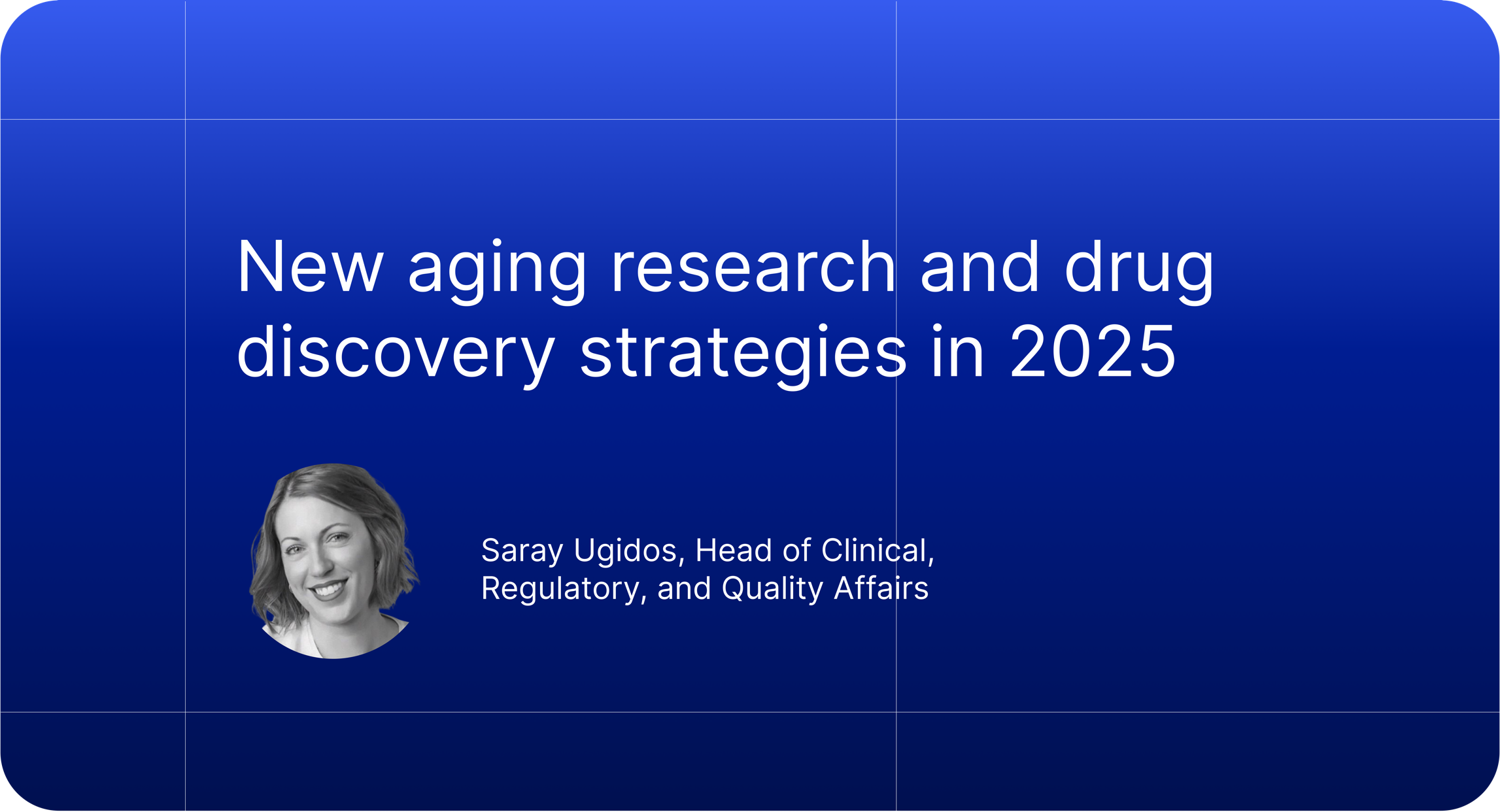Aging, an inevitable biological process, has long been associated with a decline in physiological functions and an increased risk of chronic diseases. However, recent advancements in aging research and drug discovery are challenging this narrative, offering promising avenues to not only extend lifespan but, more importantly, healthspan—the period of life spent in good health. This comprehensive exploration delves into the latest developments in the field, highlighting key strategies and breakthroughs.
The role of senolytics in cellular senescence
Cellular senescence refers to the state where cells cease to divide but do not undergo programmed cell death. While this mechanism prevents the proliferation of damaged cells, the accumulation of senescent cells contributes to aging and various age-related diseases. Senolytics are a class of drugs designed to selectively eliminate these dysfunctional cells, thereby mitigating their detrimental effects.
Research has identified several senolytic agents, including dasatinib (a chemotherapeutic drug) and quercetin (a flavonoid found in many fruits and vegetables). These compounds have demonstrated efficacy in clearing senescent cells in animal models, leading to improvements in health markers and extended lifespan.
Notably, a clinical trial at St. Jude Children’s Research Hospital is investigating the potential of senolytics to rejuvenate bodily functions in childhood cancer survivors who experience premature aging due to early-life treatments. This study utilizes drugs like dasatinib and quercetin to assess their effectiveness in improving health outcomes in this unique population.
Artificial intelligence in drug discovery
The integration of artificial intelligence (AI) into drug discovery processes has revolutionized the speed and precision with which new therapeutics are developed. Companies like Insilico Medicine are at the forefront of this innovation, employing deep learning algorithms and extensive biological data to identify novel drug targets and design potential therapeutics. In 2023, Insilico initiated one of the first mid-stage human trials for a drug discovered and designed using AI, marking a significant milestone in the field.
Similarly, Verge Genomics utilizes AI-driven approaches to tackle age-related diseases such as Alzheimer’s, ALS, and Parkinson’s. By analyzing vast datasets from human tissue, Verge aims to develop treatments that address the underlying causes of these conditions, bypassing traditional animal testing methods. This strategy has yielded promising results, including improved survival rates in ALS patients and the development of a drug targeting metabolic decline to combat obesity.
Antibody-based therapies targeting aging mechanisms
Antibodies, known for their specificity in targeting pathogens, are being repurposed to address aging processes. Recent studies have explored the use of antibodies to deliver drugs directly to senescent cells, effectively rejuvenating tissues. For instance, research has demonstrated that using antibodies to target senescent cells can rejuvenate the skin of old mice and improve immune responses by targeting defective bone marrow cells.
These findings suggest that antibody-based therapies could play a pivotal role in extending healthspan, with potential clinical applications on the horizon.
Metabolic interventions – Omega-3 fatty acids and beyond
Metabolic health is intricately linked to aging, with interventions targeting metabolic pathways showing promise in extending healthspan. A study published in Nature Aging revealed that omega-3 fatty acids when combined with vitamin D and regular physical activity, can slow biological aging in older adults.
The research analyzed data from 777 older adults over three years, finding that this combined approach reduced markers of biological aging. These findings underscore the potential of lifestyle interventions in promoting healthier aging.
Genetic and epigenetic approaches to aging
Advancements in understanding the genetic and epigenetic underpinnings of aging have opened new therapeutic avenues. The SENS Research Foundation, for example, focuses on strategies like allotopic expression to address mitochondrial mutations, a key contributor to aging. By expressing mitochondrial genes in the cell nucleus, this approach aims to prevent mitochondrial dysfunction associated with aging. The foundation is exploring methods to break down harmful extracellular aggregates and rejuvenate the extracellular matrix, further contributing to healthy aging.
Ethical and societal considerations
As anti-aging research progresses, ethical and societal considerations come to the forefront. The prospect of life-extending therapies raises questions about accessibility, societal impact, and the potential for exacerbating social inequalities.
Critics argue that the resources invested in life-extension research could be directed toward addressing pressing global issues such as poverty and disease. The potential for a divide between those who can afford such therapies and those who cannot pose ethical dilemmas that society must address.
Regulatory and policy implications
The evolving landscape of anti-aging research necessitates adaptive regulatory frameworks. Recent political developments indicate a growing acceptance of longevity science, with key health appointments in the U.S. administration having connections to the field. Advocates hope for streamlined drug approval processes, increased funding for research, and the recognition of aging as a treatable condition.
Such policy shifts could accelerate the translation of scientific discoveries into clinical applications, making anti-aging therapies more accessible to the public.
The convergence of innovative research strategies in combating aging holds unprecedented promise for extending healthspan and improving quality of life. From senolytics and AI-driven drug discovery to antibody-based therapies and metabolic interventions, the multifaceted approach to understanding and mitigating the effects of aging is rapidly evolving. These scientific advancements must be paralleled by thoughtful ethical considerations and adaptive regulatory policies to ensure equitable access and societal benefit. As research progresses, the dream of healthier, longer lives moves closer to reality, heralding a new era in medicine and human health.

